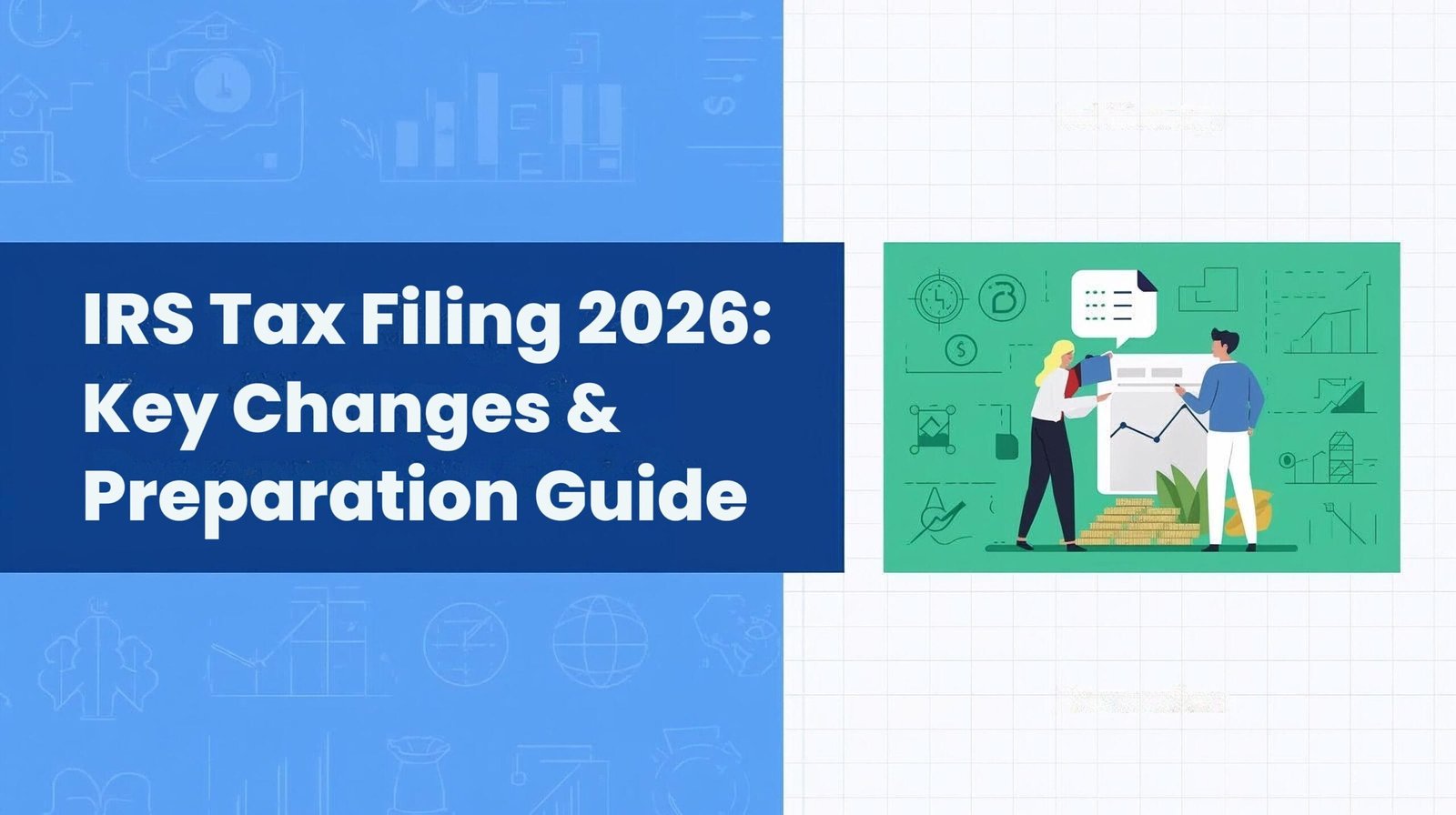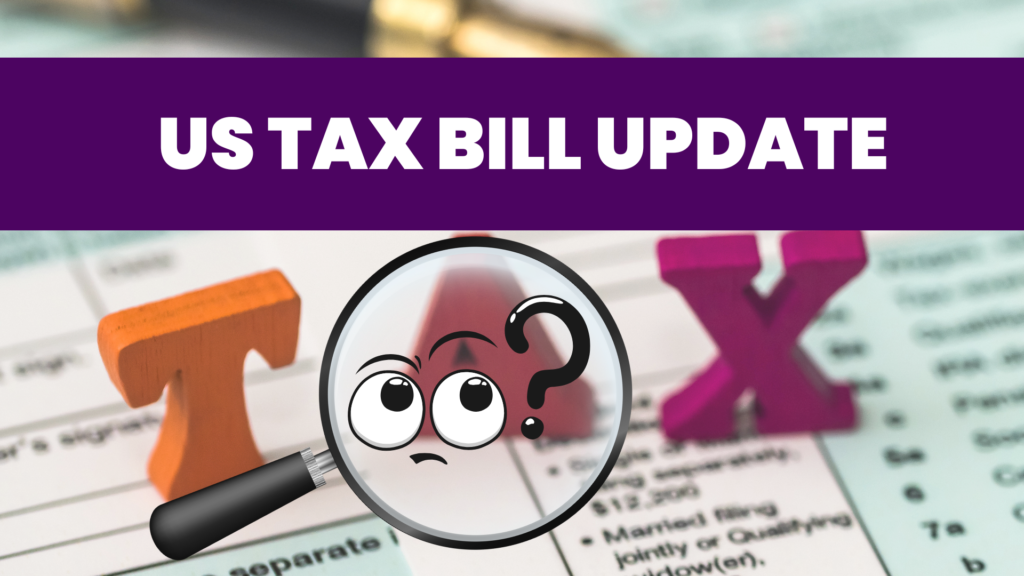
We Make Tax Filing A Breeze
Home » US Tax Bill Update: What a Proposed Bill Means for You

The US tax landscape is constantly evolving, and a recent development from the House of Representatives has captured significant attention. A major tax bill has been passed by the House, sparking discussions among individuals and businesses alike. While this is a crucial step in the legislative process, it’s vital to remember that this bill is not yet law. It still requires approval from the Senate before any of its provisions can take effect.
At TheTaxBooks, we believe in keeping our international audience informed with clear, authoritative insights into US tax matters. While we await the Senate’s decision, understanding what’s “on the table” is crucial for proactive tax planning.
The recent passage of this tax bill by the House of Representatives is a significant milestone, indicating the proposed changes have cleared one legislative hurdle. However, for these provisions to become enacted law, the bill must also be approved by the US Senate. The Senate may amend the bill, leading to further negotiations between the two chambers, or it could pass in its current form. Until both chambers pass identical legislation and the President signs it, nothing is finalized.
This means that while it’s wise to be aware of the proposed changes, there’s no immediate need to drastically alter your current tax plans. Instead, this is an opportune time to strategize and prepare for potential shifts.
Many of the proposed changes directly impact individual taxpayers. Here’s a breakdown of some key areas:
The bill proposes to permanently set the Child Tax Credit at $2,000 per child. Additionally, it aims to temporarily increase this amount to $2,500 from 2025 through 2028. This could provide substantial relief for families with qualifying children.
Several clean energy credits are slated to be eliminated starting in 2026. If you’re considering investments in renewable energy, such as solar roof installations, it’s crucial to be aware that current incentives may change or disappear after 2025.
The estate exemption is proposed to be reset to $15 million (inflation-adjusted) in 2026. This significant increase could offer more flexibility for estate planning, allowing higher values of assets to be transferred without incurring federal estate tax.
For individuals earning under $75,000 (or $150,000 for families), HSA limits could potentially double in 2026. Furthermore, gym memberships may qualify as an eligible expense, expanding the utility of these tax-advantaged savings vehicles.
Starting in 2026, a 3.5% excise tax on foreign remittances is proposed, unless the transfer is made by a U.S. citizen using a qualified provider. The bill includes a refundable credit to offset this tax, aiming to mitigate its impact. This specific change could be of particular interest to US expats living abroad and individuals sending funds internationally.
The existing $750,000 cap on the mortgage interest deduction is proposed to be made permanent. Additionally, home equity debt interest will remain non-deductible.
New deductions for overtime and tips are proposed for 2025–2028. However, high earners and those in specified service trades or businesses (SSTBs) may be excluded from these benefits.
Taxpayers aged 65 and older could see a new $4,000 deduction from 2025–2028. This deduction would be phased out for those with a Modified Adjusted Gross Income (MAGI) above $150,000.
The standard deduction is proposed to be temporarily boosted by $1,000 for single filers and $2,000 for joint filers from 2025–2028, providing additional tax relief for many.
The State and Local Tax (SALT) deduction cap, which currently limits the federal deduction for state and local taxes to $10,000, is proposed to be raised to $40,000 in 2025. This cap would, however, phase down for taxpayers with a MAGI above $500,000 and then incrementally increase by 1% yearly for ten years. This could offer significant relief for taxpayers in high-tax states.
The bill proposes to make the lower tax rates from the Tax Cuts and Jobs Act (TCJA) permanent, with the exception of the top 37% bracket. Conversely, some deductions are slated for elimination, including moving expense deductions, 2% miscellaneous itemized deductions, and the personal exemption.
Businesses, particularly those considering or already operating in the US, could also see significant changes.
The Section 199A deduction, which allows certain pass-through businesses (like LLCs and S-Corps) to deduct a percentage of their qualified business income, is proposed to be made permanent and increased from 20% to 23%. This would also come with a slower phase-out, representing a substantial benefit for many small and medium businesses.
The bill proposes to bring back 100% bonus depreciation from 2025–2030, allowing businesses to immediately deduct the full cost of eligible new or used assets. Additionally, the Section 179 expensing limit would jump to $2.5 million, with a phase-out starting at $4 million. These changes could significantly impact asset acquisition and capital investment strategies.
In response to concerns about fraudulent claims, the bill proposes tightening the rules around the Employee Retention Credit (ERC). New penalties for “shady promoters” are on the table, and ERC claims filed after January 31, 2024, may be disallowed if not yet paid.
Many energy credits introduced by the Inflation Reduction Act are expected to sunset by 2030 under this bill. Furthermore, the TCJA’s limitation on excess business losses is proposed to become permanent.
Good news for small businesses and independent contractors: the 1099-K reporting threshold is proposed to revert to $20,000 and 200 transactions. The general 1099 threshold is also set to rise to $2,000 in 2026.
The bill aims to give a boost to Health Reimbursement Arrangements (HRAs) through “CHOICE Arrangements,” expanding coverage flexibility. Additionally, a new round of Opportunity Zones is proposed to start in 2027 through 2033, potentially offering better benefits for qualified investments in distressed communities.
The Pass-Through Entity Tax (PTET) for Specified Service Trades or Businesses (SSTBs) is now proposed to be subject to the SALT cap, which has significant planning implications for these entities. On a positive note for innovation, domestic research costs are proposed to be deductible from 2025–2029, while foreign R&D costs would still be amortized.
While these proposed changes are not yet law, they provide a valuable roadmap for future tax planning. For business owners, investors, and high-income earners, understanding these potential shifts now can give you a strategic advantage. It allows you to:
To learn more about how you can reduce your taxes and save money, check out the helpful resources on our blog or contact us today to schedule a consultation.